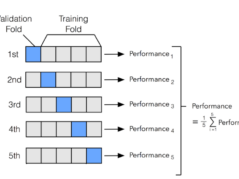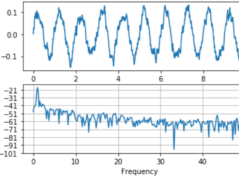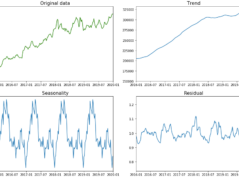How to Invest in a Mutual Fund
Mutual Fund - Investment option
Mutual funds are one of the most popular investment vehicles for individual investors. They offer a way to pool resources and invest in a portfolio of assets, including stocks, bonds, and other securities.
1) One common type is the stock fund. As the name implies, funds invest in stocks, typically buying shares of companies that are traded on public exchanges. Funds can be diversified or focused, investing in a wide or narrow range of stocks. They can be domestic or international, investing in companies based in India or around the world.
2) Another common type of mutual fund is the bond fund. Bond funds invest in bonds, which are loans made to governments or corporations.
Is a mutual fund worth investing?
One significant benefit that an investor gets is liquidity. Especially in the bond space where volumes are an issue, Mutual Fund investment in bonds adds tremendous value to the investors. But, a lot of actively managed equity funds underperform the market. Active fund managers cannot justify management fees, a well-known phenomenon in the investing world, so a shift to passive investing is seen.
What is NAV - net asset value for investors?
Mutual fund investors are always interested in their funds' net asset value (NAV). This figure is the total market value of a fund's stocks, minus any liabilities, divided by the number of outstanding shares. NAV is important because it tells you how much your shares are worth at any time. It constantly changes as the prices of the underlying stocks and bonds in the fund's portfolio change. If you want to sell your shares, you will receive the NAV per share at the time of sale. You will need to pay the current NAV per share if you buy more shares.
Types of Mutual Funds - Growth and Dividend option
There are two types,
1) Dividend- Investors receive a dividend from the MF company regularly
2) Growth - The dividends received are reinvested in the same MF
Implications of Buying and Selling MF
Mutual Funds are taxable in the hands of the investor while selling the Mutual Fund. The MFs held for more than a year attract a capital gains tax of 10%, while those held for less than a year attract a 15% short-term capital gains tax.
There is also a tax saving MF where the amount invested can be claimed towards 80 C deductions. But, do remember that tax-saving equity MF has to be held for 3 years. At the end of 3 years, the gains are subject to a long-term capital gains tax of 10%. The long-term tax is levied when the profits booked for a financial year are more than 1 lakh. No capital tax is imposed if the profit booking is less than 1 lakh.
Where to track the MF
You can track the MF NAV, Performance and asset allocation in many aggregator sites, which display the daily and monthly changes. Some of my favourite websites are Value Research and Money Control.
Ideal portfolio - A holding mix of Equity and Bond securities
A perfect mutual fund portfolio should contain a mixture of Equity and Bond funds. The amount allocated towards bond funds should be directly proportional to the age. For a young person, % allocation towards Equity would be high and gradually decrease and move towards the bond fund. Money market funds are one of the most invested mutual funds in India.
Simple mutual fund tools to help
While doing a sip or lumpsum investments. One should check, The acumen of money managers or portfolio managers and their ability to outperform the passive benchmark. In short Past Performance of a mutual fund holds the clue. One more simple tool is the expense ratio; one should avoid funds which underperform and has a high expense ratio. Another trick is to choose direct mutual funds as the expense ratio is less.
Top performing fund companies in 2022
Some top-performing mutual funds to buy in different categories are Parag Parikh, BOI AXA, UTI and Mirae. These funds are popular among investors and can be considered. Mutual Fund is an investment that needs time to grow; hence, one should have a time horizon of 5+ years.
Disclaimer: This information has been collected through secondary research and is only for educational purposes, quantace team is not responsible for any error.







One Reply to “How to Invest in a Mutual Fund”
Thanks for sharing this resource. By the way can you please share your tips about ERTC tax credit? Thanks in advance for your help.